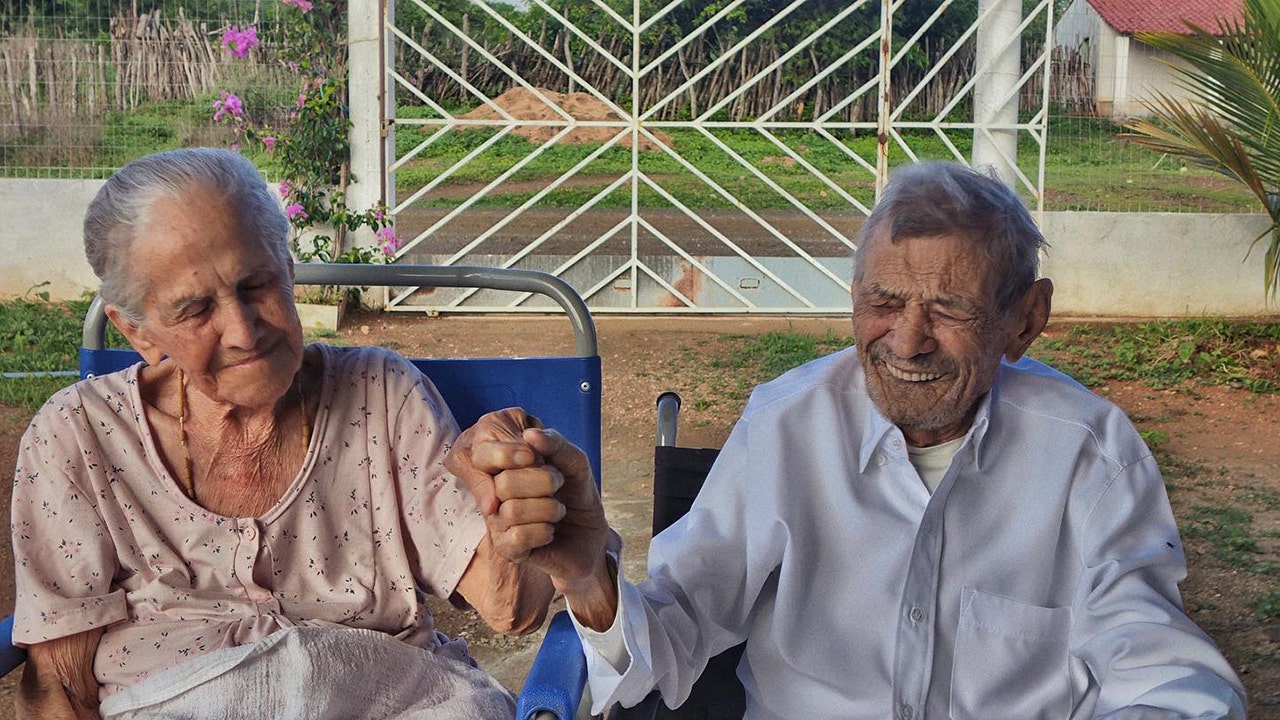NEW YORK – Dr. Vanessa Rodriguez is no stranger to talking about death.
As a palliative care doctor at New York’s Mount Sinai Hospital, she works with families of patients at the ends of their lives. Many are hesitant to talk about death before the fact since it means imagining a future without their loved one.
Talking about death is never easy, but doing so early can help families prepare. Here’s how to open the floor for an often tricky conversation.
Start an open and honest dialogue
Thinking through details and resolving loose ends can help families cope when the inevitable happens: Where might their loved one like to be buried? Are finances squared away?
“It really can help ease the anxiety that this moment can bring,” Rodriguez said.
Settling other questions such as what song to play at a memorial or what old boxes to go through allows a loved one to have a say in their situation.
“They’re tough conversations,” Rodriguez said. “But there are so many tough conversations we have to have in life, and this shouldn’t be of less importance.”
Set expectations
Talking about death with a loved one doesn’t make the loss hurt less, Rodriguez said. But it can help families know what to expect.
Recently, Rodriguez sat down with a 93-year-old patient and her family. After talking through the patient’s care details, Rodriguez asked her daughter, “Have you thought about what things might look like when your mom isn’t here anymore?”
The daughter brushed it off at first. But as Rodriguez kept talking, tears welled in the daughter’s eyes. Having limited her mother’s hospital visits as much as possible, she realized it was important to her that her mother died at home. Rodriguez then suggested setting the patient up with hospice care at home — treatment designed to reduce pain and suffering in the final months.
Conversations about death go over easier when they come from someone you trust, Rodriguez said. It’s important to assess how a family member feels about the topic before going deep.
Keep it light
Conversations about death don’t have to be heavy. Britna Savarese shrugs off the doom and gloom by being direct, asking: “I’ve been planning my death today. How about you?”
“It almost shocks them,” said Savarese, a death doula from Dallas who helps navigate the dying process. “But then it’s kind of silly. And that can be disarming.”
Savarese hosts Death Cafes: coffee shop soirees where attendees of all ages eat cake and chat about dying. Discussion topics at the cafes, which take place globally, range from funeral horror stories to questions about the afterlife.
Cutting through the fear of death can make it less scary to talk about, Savarese said.
But if someone is truly hesitant or scared to talk about it, she recommends framing the conversation around their needs: “As scary as it may be to you, it’s important to me that you have the very best death that you can and that we are honoring you the way that you want to be honored.”
Fear of death can stem from the uncertainty surrounding it. Voicing those concerns and preparing ahead of time can allow loved ones and their families to control what they can, Rodriguez said.
___
The Associated Press Health and Science Department receives support from the Howard Hughes Medical Institute’s Science and Educational Media Group. The AP is solely responsible for all content.
Copyright 2024 The Associated Press. All rights reserved. This material may not be published, broadcast, rewritten or redistributed without permission.





